Opdivo 100 mg Injection, containing the active ingredient nivolumab, is an immunotherapy treatment designed to enhance the body’s immune system in combating various types of cancer. As a programmed death-1 (PD-1) immune checkpoint inhibitor, Opdivo works by blocking the PD-1 pathway, thereby restoring the immune system’s ability to detect and destroy cancer cells.
Indications:
Opdivo is approved for use in several cancer types, either as a monotherapy or in combination with other treatments:
- Unresectable or Metastatic Melanoma: For patients with advanced melanoma, Opdivo can be administered alone or in combination with ipilimumab.
- Metastatic Non-Small Cell Lung Cancer (NSCLC): Indicated for patients with metastatic NSCLC who have experienced disease progression on or after platinum-based chemotherapy.
- Advanced Renal Cell Carcinoma (RCC): Suitable for patients with advanced RCC, either as a single agent after prior anti-angiogenic therapy or in combination with ipilimumab for previously untreated cases.
- Classical Hodgkin Lymphoma (cHL): For adult patients with cHL that has relapsed or progressed after autologous hematopoietic stem cell transplantation and brentuximab vedotin, or after three or more lines of systemic therapy that includes autologous HSCT.
- Squamous Cell Carcinoma of the Head and Neck (SCCHN): Indicated for patients with recurrent or metastatic SCCHN with disease progression on or after platinum-based therapy.
- Urothelial Carcinoma: Approved for the treatment of patients with locally advanced or metastatic urothelial carcinoma who have disease progression during or following platinum-containing chemotherapy, or within 12 months of neoadjuvant or adjuvant treatment with platinum-containing chemotherapy.
Dosage and Administration:
Opdivo is administered as an intravenous infusion. The recommended dosage varies based on the specific cancer type and whether it is used alone or in combination with other therapies. For detailed dosing schedules, please refer to the prescribing information.
Safety Information:
Common side effects of Opdivo may include fatigue, rash, musculoskeletal pain, pruritus, diarrhea, nausea, and cough. Serious immune-mediated adverse reactions can occur, affecting organs such as the lungs, colon, liver, kidneys, and endocrine glands. Patients should be monitored regularly, and any signs of severe adverse reactions should be addressed promptly.
Recent Developments:
In December 2024, the U.S. Food and Drug Administration approved an injectable version of Opdivo, branded as Opdivo Qvantig. This new formulation offers a more convenient administration method for patients, shifting from intravenous infusions to subcutaneous injections delivered in minutes.
Conclusion:
Opdivo 100 mg Injection represents a significant advancement in cancer immunotherapy, offering hope to patients with various types of cancer. Its ability to harness the body’s immune system to target and eliminate cancer cells underscores its vital role in contemporary oncology treatment strategies.

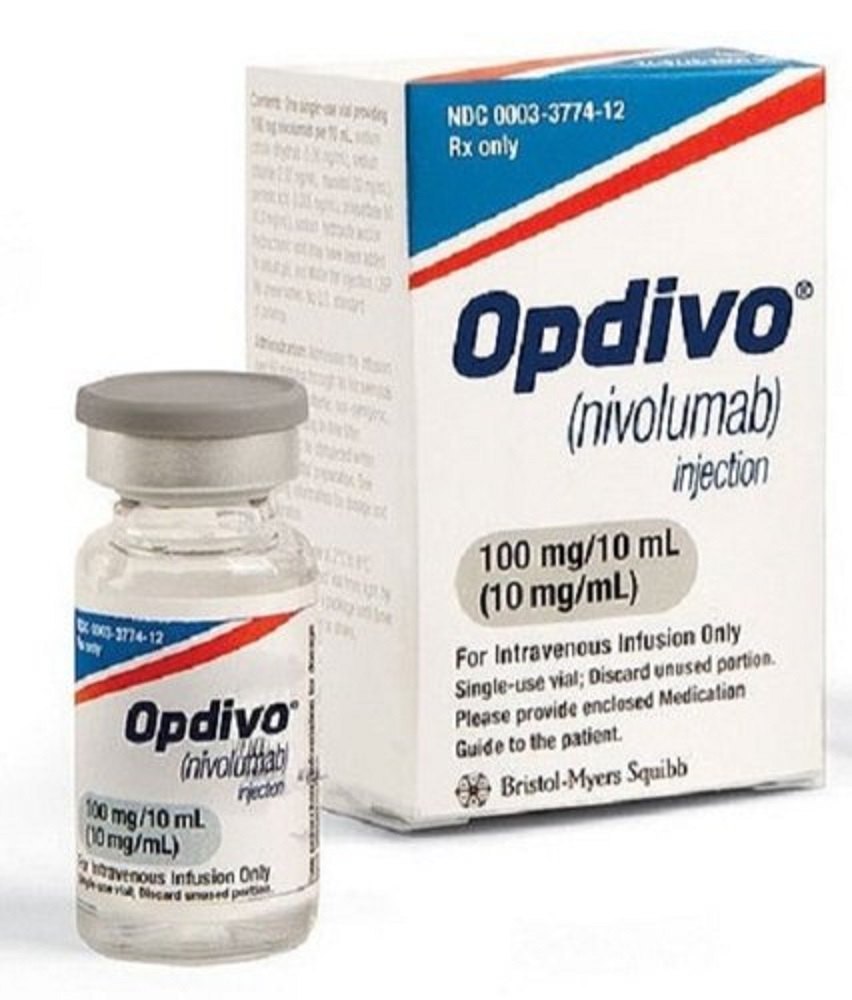
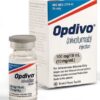
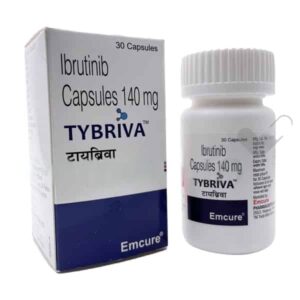
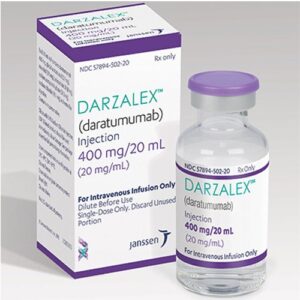
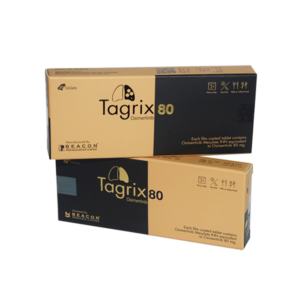
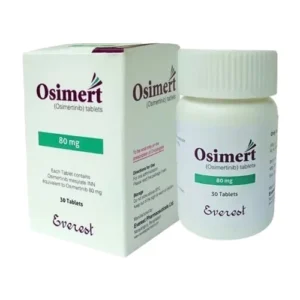
Reviews
There are no reviews yet.